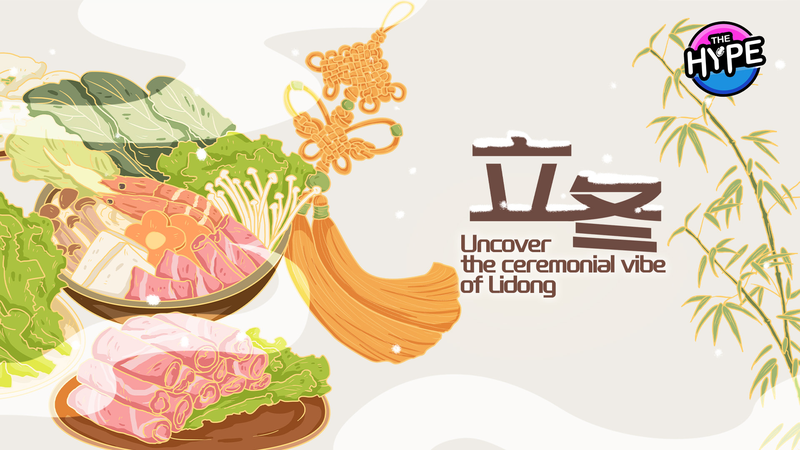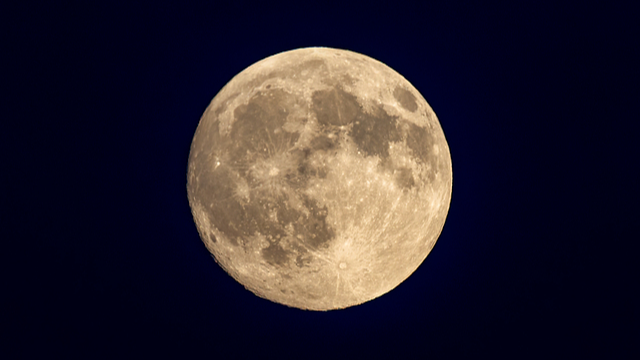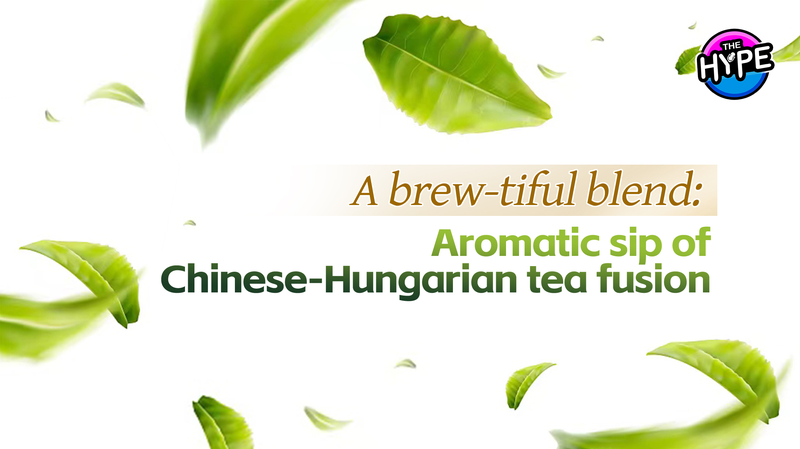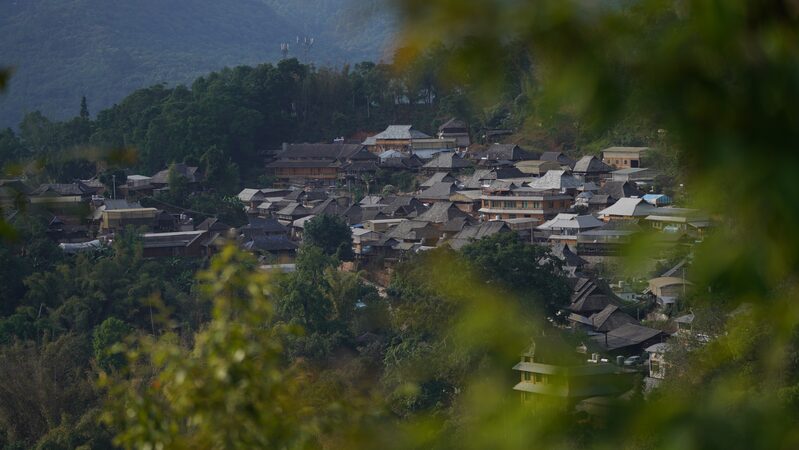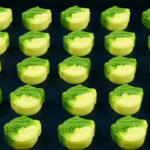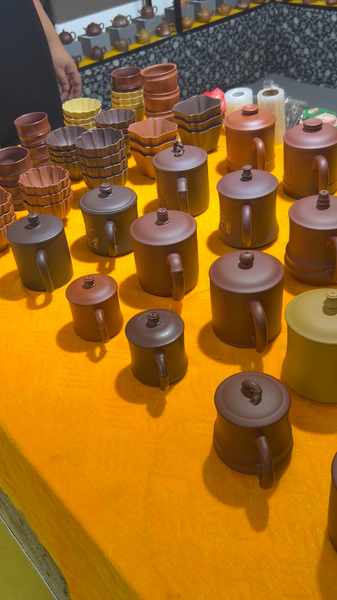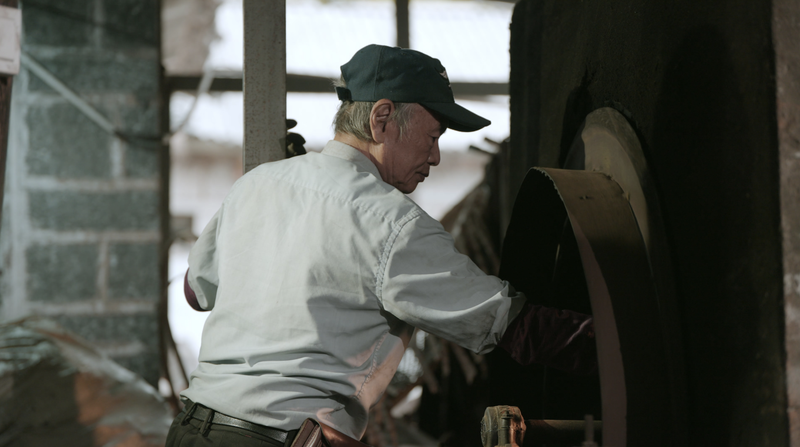As crisp autumn air gives way to frost-kissed mornings, China marks Lidong – the traditional "Start of Winter" solar term on November 7. This celestial milestone, observed for over 2,000 years, reveals a fascinating blend of historical wisdom and contemporary cultural revival.
Ancient Roots, Modern Celebrations
In imperial China, Lidong signaled time to store harvests and prepare warming foods. Scholars practiced the "Four Elegances" – burning rare incense, brewing seasonal teas, arranging winter florals, and displaying symbolic paintings. Today, urban cultural hubs recreate these traditions through yaji (elegant gatherings), where guqin musicians perform alongside calligraphy demonstrations and tea ceremonies.
Cultural Continuity in a Globalized World
"Lidong reminds us that modernization doesn't erase tradition – it gives it new forms," says Beijing-based cultural researcher Li Wei. From thermal underwear e-commerce campaigns featuring solar term motifs to fusion restaurants serving pumpkin-stuffed dumplings (a Lidong staple), ancient customs find fresh expressions.
Meteorologists note that while Lidong doesn't guarantee immediate snowfall, it reliably signals East Asia's atmospheric shift. This year, celebrations coincide with unseasonal warmth in the Yangtze Delta, sparking discussions about climate patterns.
Reference(s):
cgtn.com
